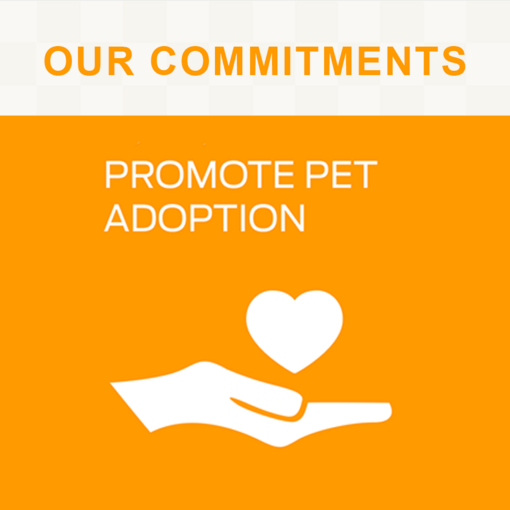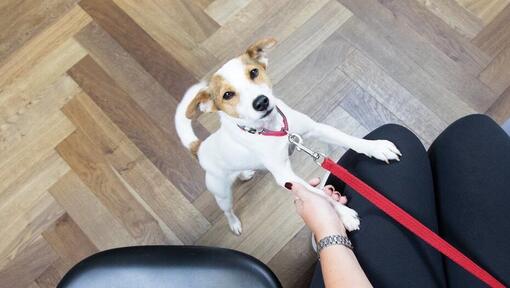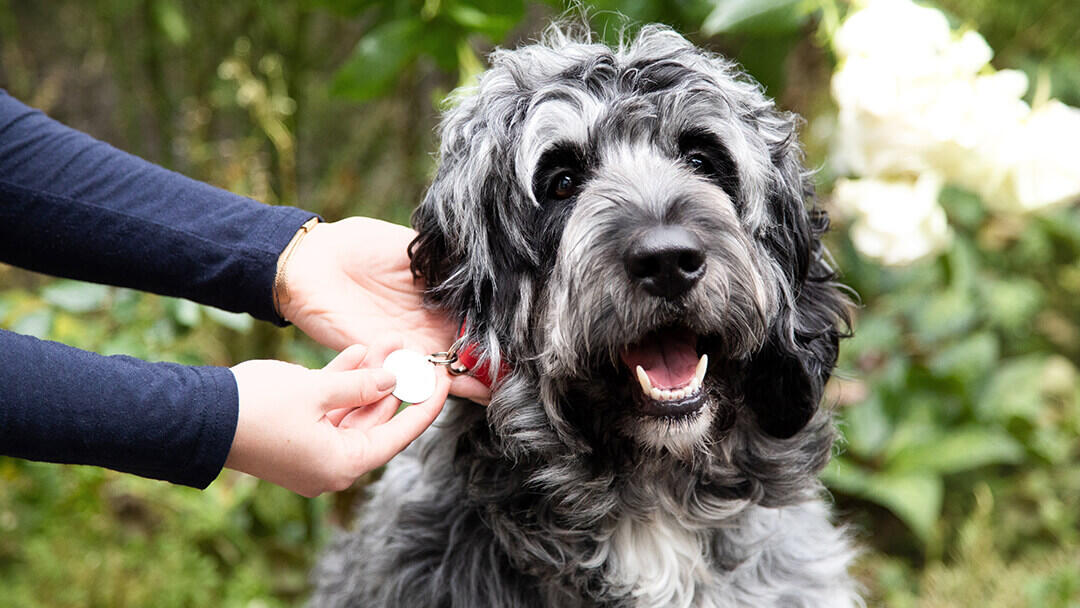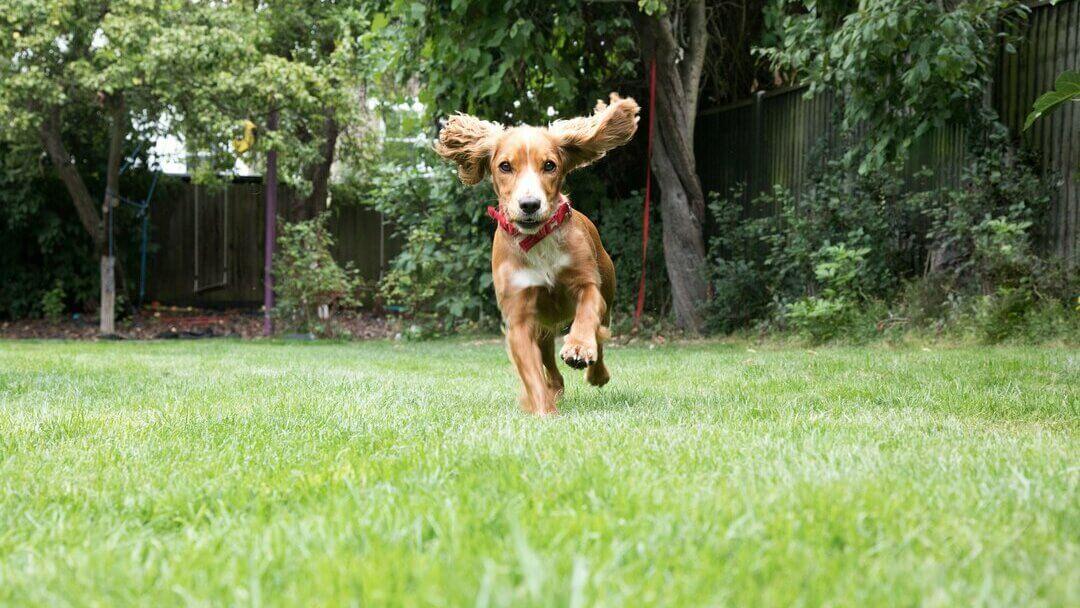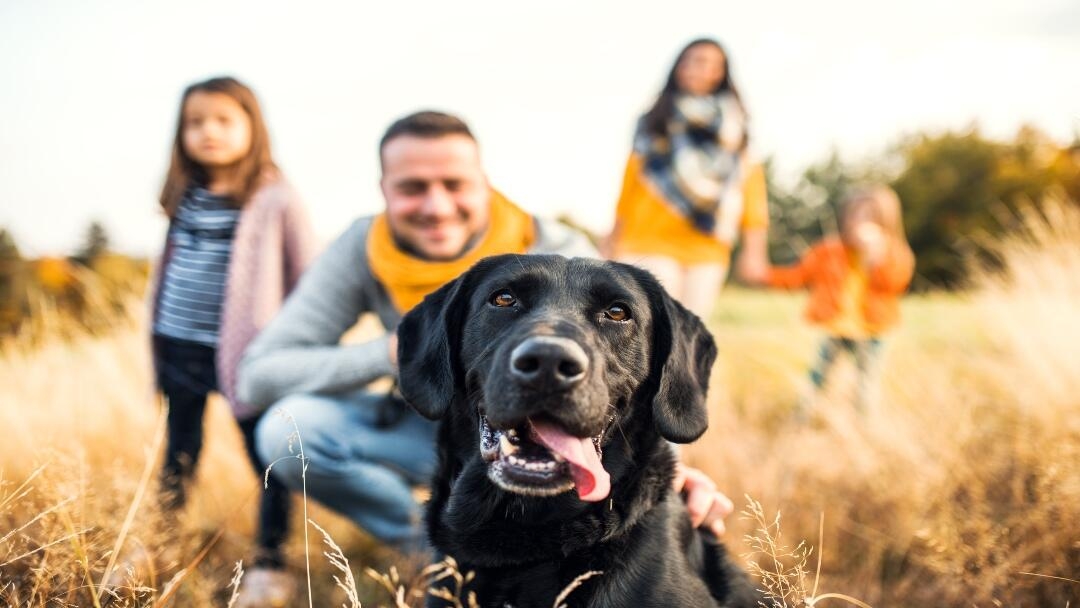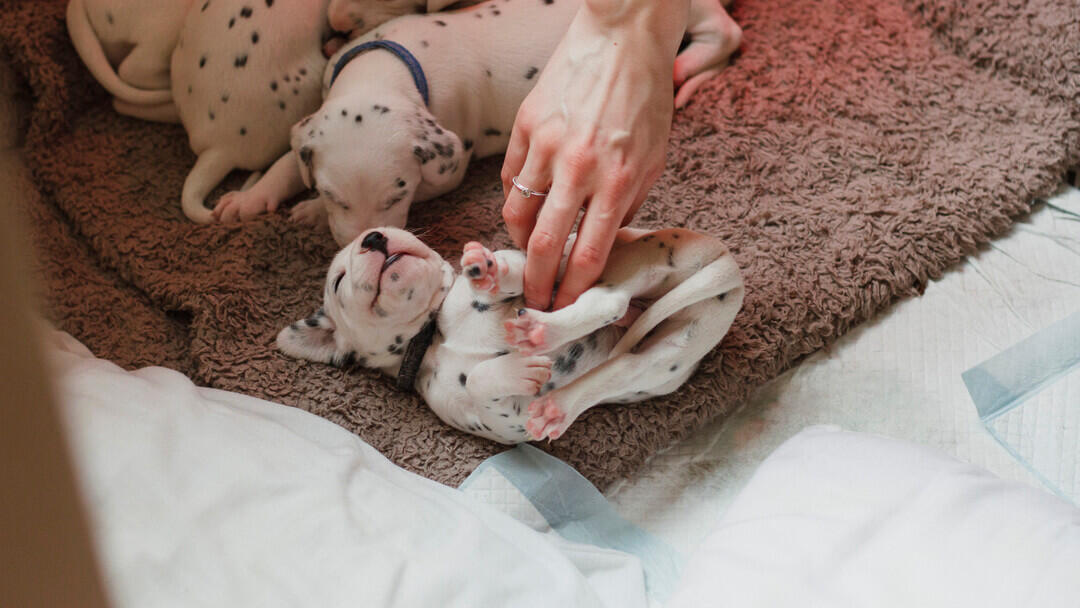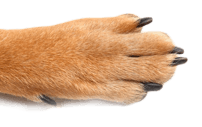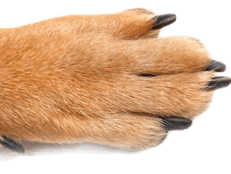


Adopting a new puppy or dog can be an incredibly rewarding experience, but what can you expect from the entire process?
There are so many dogs in animal shelters all over the world looking for their forever homes, including both puppies and older dogs. These adorable dogs may have come to a rescue centre because they've had a rough start to life or their previous owners may no longer have been able to care for them. One thing's for sure though, rescue dogs just need someone who can offer them plenty of love and understanding. If you think you could offer a rescue dog or puppy a warm and happy home, keep reading and we'll answer all your questions, including how to adopt a dog and where to find a rescue centre.
Find out About Adoption
Should I adopt a dog or a puppy?
Adopting a dog or puppy from a rescue centre can be an incredibly rewarding experience. Not only will you be supporting the work of a worthwhile charity, but you'll also be giving an unwanted pup a second chance. If you're thinking about adopting a dog, you'll need to decide whether you have time for a bouncy puppy or want to get a calmer, older dog instead. Puppies will demand a lot of devotion such as training, cleaning up, disciplining and will require plenty of attention to give them everything they need. Because of this, it's not a good idea to consider a puppy if you work long hours or if there won't be someone around during the day to care for them. On the other hand, if you adopt an older dog, they will already have an established routine, a degree of training and will generally just be more responsible.
Finding a friend for life
If you're unsure what kind of dog best suits your lifestyle, home and family, your local dog adoption centre can help with that. When you express an interest in rescuing a dog or puppy, the dog rescue will usually give you a questionnaire to fill out to better understand your current circumstances, then they'll be able to recommend a suitable dog for you. They're well versed in finding good matches for both people and pets, so you can rest assured that they can help in finding you a friend for life. Additionally, leading charities can offer you lifelong support, so if you ever have issues with your dog, most rescue centres will be willing to help. If your circumstances ever change, most will welcome their dogs back again too.
Things to consider when adopting a dog
Making the decision to get a new dog is always exciting, but there are many considerations you should also take into account.
- In some sad circumstances, dogs end up in rehoming centres because of neglect or maltreatment. Some may come with a bit of baggage, but staff will always be honest about a dog's needs: be sure you can handle the commitment if you're adopting a dog with a hard history.
- If you live in rented accommodation, be sure to check with your landlord that you can have a dog at the property beforehand.
- If you already have dogs, introducing a rescue animal should be done with care.
- If a dog has been used for breeding or showing, they may have learned certain behaviours that you'll have to help them adapt.
- It can take time and effort to settle a rescue dog into your home and build a bond, so be patient.
- Dogs need plenty of space inside and out. Ensure you have enough room in your living arrangements before rescuing a dog.
- You'll also need enough space in your schedule. Dogs require daily walks and interaction: be sure you have enough time to dedicate to their behavioural, social, and physical needs.
- There are cost implications of adopting a dog; as well as adoption fees, which vary among rehoming centres, you also need to think about the long-term cost implications of having a puppy. Account for pet insurance, potential vet bills and routine treatments, food, grooming, accessories, toys and kennel bills for when you're on holiday.
Dog breeds
At adoption centres, there's a huge variety of dog breeds available, from West Highland Terriers to Husky's, you never know what you're going to get! There does tend to be a lot of more mixed breeds. However, just because a pup doesn't have a pure bloodline, doesn't make them any less of a worthy companion!
How to adopt a dog
When considering how to adopt a dog, the first thing you need to do is to find a dog adoption centre, there are hundreds of options which can be found online or locally. It's a good idea to find one that's relatively local to you as some centres will require you to go for multiple visits to ensure that you're a good match with your chosen pup.
Once you've found your perfect puppy, you'll need to complete an application form which will include information about you, your family and your living circumstances, this will help for them to assess if the dog will match you. After this, you can expect a phone call or email from the adoption centre where they'll set up an appointment for you to finally meet your potential pup. Once you get there, you'll be able to meet and interact with them and usually, you'll also be able to visit and interact with a variety of other dogs to ensure that your choice is the right one.
One thing to be aware of is that some centres like to make a home visit before you officially rescue a dog to ensure it is a suitable environment. If you already have pets, they may also want to see if the dog gets on with them.
Find out more about rehoming centres in your area via Dog's Trust, The Blue Cross, The RSPCA in England and Scotland, Battersea Dogs' and Cats' Home, and the Dublin Society for the Prevention of Cruelty to Animals.
The first encounter
We're all guilty of letting our heart lead our head, you may see a cute little ball of fluff at your local rescue centre and fall instantly in love, but when you get home you might discover that your personalities are not compatible. Due to this, when you first meet your potential pup, you should go with a list of questions to ask the staff. The following questions are a good starting point:
- Was the dog appropriately socialised as a puppy?
- How old are they?
- Do they have any special needs I need to be aware of?
- How long have they been at the rescue centre?
- Do you have any information on their life before the centre?
- What extent of training have they had?
These questions are just a starting point, but prior to your visit you should sit down and compile a list of all the things you need to know. Also, think of any desirable/undesirable qualities for a dog, as this will ensure that the match between your and your adopted dog is right first time will reduce the risk of them having to be returned.
Does it cost money to adopt a dog?
Most dog adoption centres require an adoption fee, which varies between centres. Usually it will help towards the cost of your dog's stay at the rescue centre and the small fee will ensure that they can continue to help other animals. The initial adoption fee will also usually cover your dog's vaccinations, their spay or neutering procedure - if they're old enough - as well as a full vet check-up.
How do I rescue a stray dog?
Before rescuing a stray dog, you should firstly ensure that it is homeless. Ask people in the area if they recognise the dog and post online to see if it's lost. You should also visit a vet to see if the dog has a microchip. Once you've determined the dog is definitely homeless, take it to a vet for a full check-up and a microchip for before settling them into your home.
How long does the process of rescuing a dog take?
The process varies between cases. If you're adopting a scared or nervous dog with a difficult past, you'll need to visit the centre several times to allow them to get used to you. It'll also depend on if the centre requires a home check to take place too, as this will lengthen the process. That's our guide on how to adopt a dog! If you're ready to welcome a new dog to your home, take a look at our guide.




